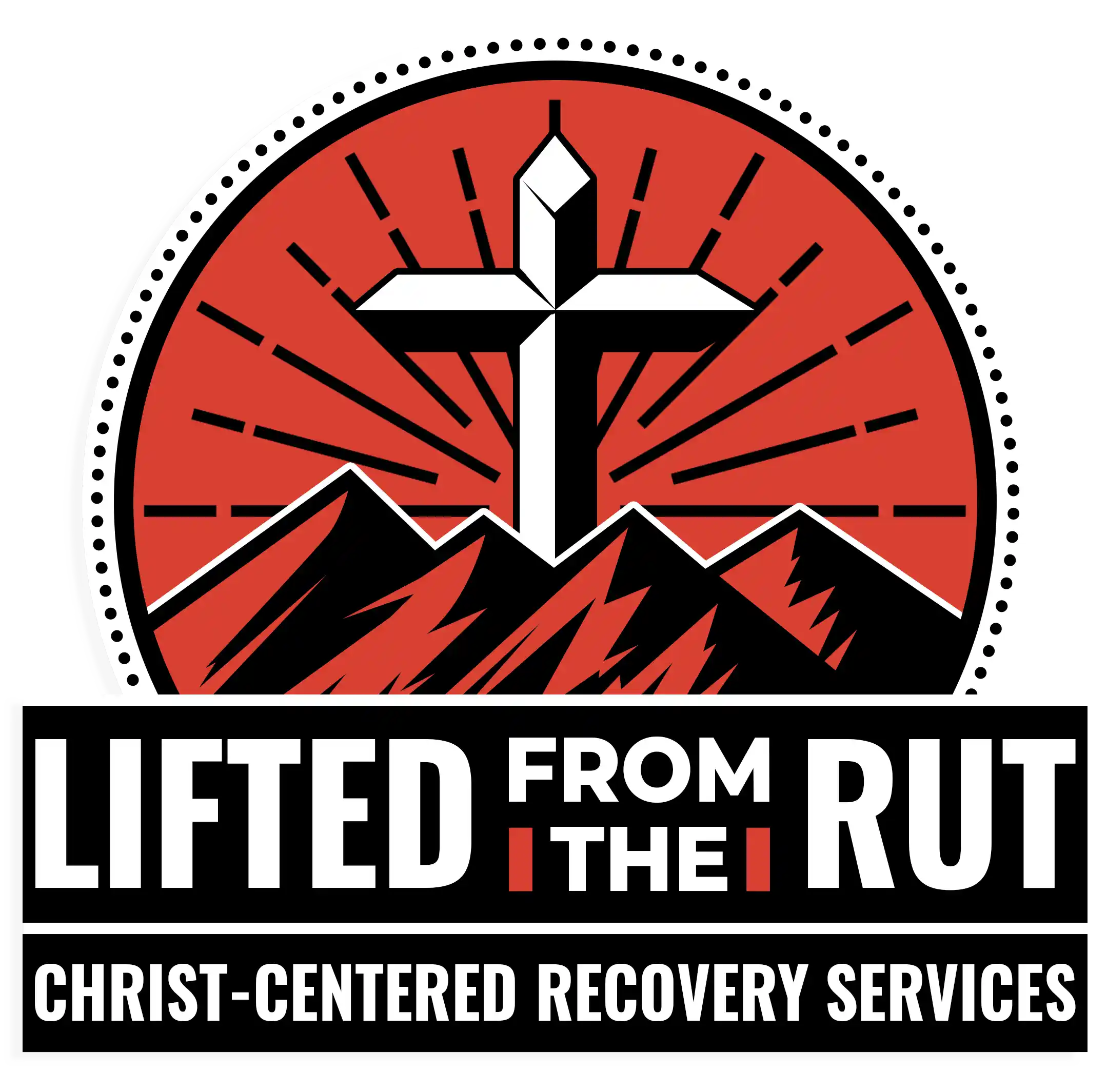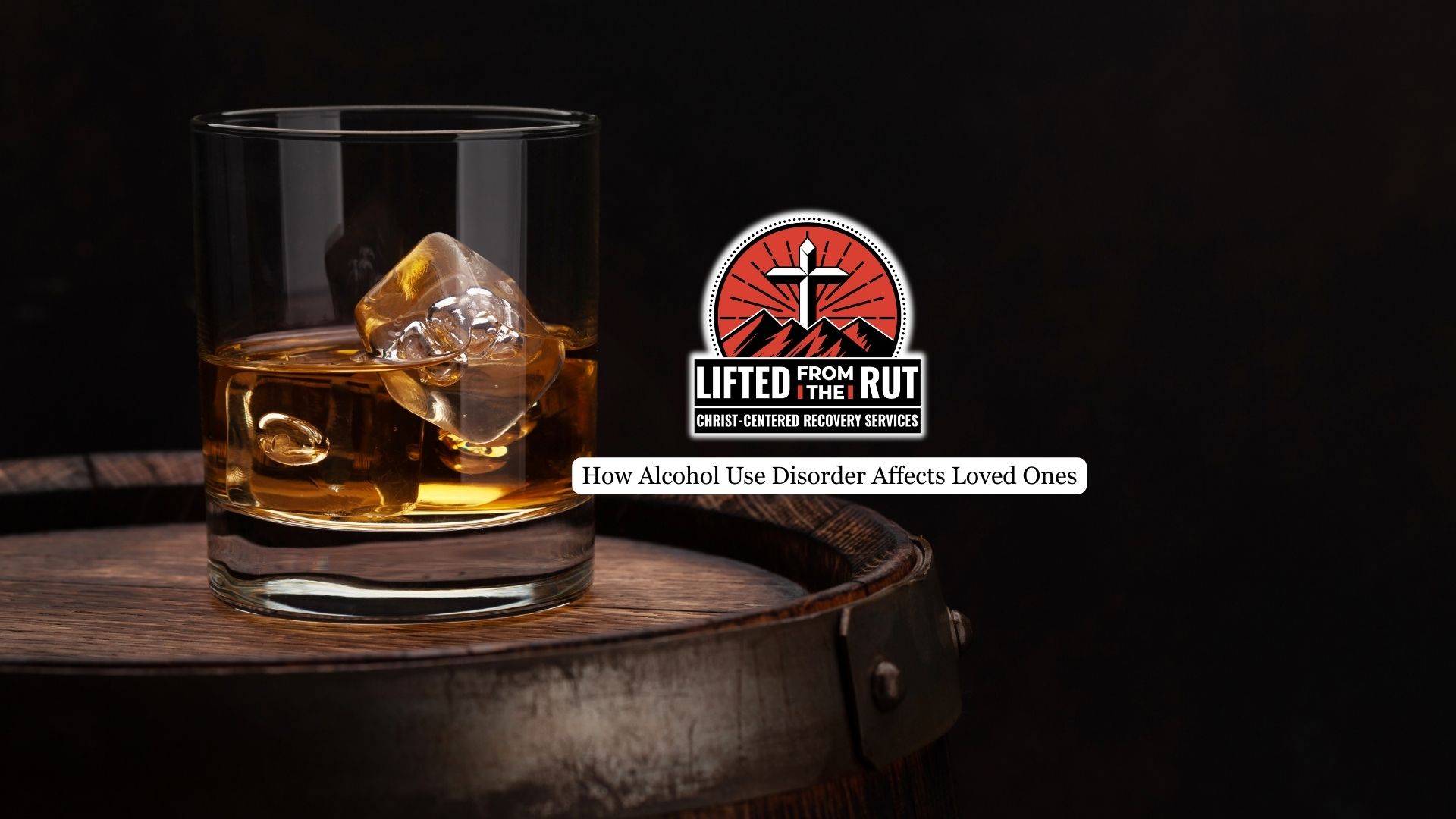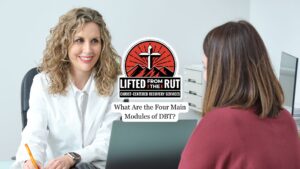Alcohol Use Disorder (AUD) not only impacts the individual struggling with drinking, it deeply affects the lives of their loved ones, as well. Families, friends, and close relationships often carry the emotional, financial, and social burdens that accompany excessive drinking. Understanding these impacts is essential, as it allows families to recognize the signs of distress, seek appropriate help, and begin the journey toward collective healing.
This article highlights the different ways alcoholism affects loved ones and why awareness of those is crucial for recovery.
Emotional Strain on Families
One of the most immediate impacts of AUD is the emotional toll it takes on those closest to the individual. Spouses and partners may experience a whirlwind of emotions, including anger, sadness, betrayal, or isolation. Trust can be eroded by repeated patterns of neglect, broken promises, or reckless behavior tied to drinking. Loved ones often find themselves living in constant uncertainty, unsure how the person will behave from day to day, which is a common dynamic in households impacted by addiction.
Children are particularly vulnerable to these emotional challenges. They may feel anxious, confused, or even blame themselves for a parent’s drinking. These unresolved emotions can contribute to long-term mental health struggles, such as depression, trauma, or chronic stress. Watching someone they care about spiral into destructive patterns linked to substance abuse can also leave families feeling powerless, hopeless, and emotionally drained.
These emotional wounds underline the importance of seeking professional help, and many families find relief and hope through alcohol rehab programs that address both the individual’s recovery and the family’s healing process.
Financial and Practical Burdens
Beyond emotional challenges, it also often brings significant financial strain. The cost of liquor itself is only the beginning. Lost income due to missed work or job loss, rising medical expenses, and legal consequences such as DUIs can quickly deplete family resources. In many cases, financial responsibilities shift heavily to spouses or other members, creating imbalance and resentment.
These burdens are not only monetary but also practical. Family members often step into caretaker roles, managing household responsibilities, childcare, and even covering for the person’s absence at work or school. This redistribution of responsibilities can leave loved ones exhausted and overwhelmed, as they attempt to maintain stability while coping with the disruptions caused by alcohol misuse.
Strained Relationships and Social Isolation
Couples may experience ongoing conflict, tension, and in some cases, domestic violence. The unpredictability of alcohol-related behavior—whether it’s irritability, withdrawal, or aggression—can create environments filled with distrust and instability. In some families, these challenges highlight the need for an intervention to encourage treatment.
Outside the home, extended bonds and friendships may also weaken. Families often withdraw to avoid judgment from their communities, which can create a sense of isolation. Children, too, may hesitate to bring friends home out of fear of unpredictable situations, deepening their loneliness and disconnect from peers.

Impact on Children’s Development
Children who grow up in households affected by alcohol use disorder face unique risks that can shape their development for years. Instability, neglect, or exposure to conflict often undermines their sense of security. This may manifest in academic difficulties, behavioral issues, or struggles with forming healthy relationships.
Many children adapt by taking on adult-like responsibilities far too young, such as caring for siblings or managing household tasks. While this may seem like resilience, it often creates long-term stress and denies them the chance to experience a stable, supportive childhood. Research shows that children of parents with AUD are more likely to develop substance use problems themselves, perpetuating cycles of addiction across generations.
Spiritual Toll
The effects of alcoholism also extend into spiritual and psychological dimensions. For some, faith is a source of comfort, but ongoing struggles may cause feelings of anger toward God or doubt about why such challenges exist within their family. This spiritual conflict can create distance from supportive faith communities, further isolating loved ones who are already under strain.
This disruption often creates a spiritual crisis for family members, as well, who may struggle to reconcile their values and beliefs with the devastation caused by addiction. The addicted person’s focus on substances can overshadow family obligations and the shared spiritual life, leaving loved ones grappling with resentment, guilt, and confusion. In some cases, families experience a form of spiritual isolation, where members feel emotionally and existentially cut off from one another. Yet, some recovery frameworks, such as those found in Alcoholics Anonymous, highlight the potential for spiritual growth and healing within the family system when compassion, understanding, and forgiveness are embraced.
Final Thoughts from LFTR Christ-Centered Rehab Services
Alcohol use disorder affects not only the person struggling but also every loved one connected to them. The emotional toll, financial hardships, strained relationships, and developmental risks for children highlight the far-reaching consequences of this disorder. Recognizing these challenges is the first step toward breaking destructive cycles and building a healthier future.
At LFTR Christ-Centered Rehab Services in Colorado, we understand the profound impact of alcohol use disorder. Our Christ-centered approach combines evidence-based treatment with spiritual care to support both individuals and their loved ones. By addressing the emotional, psychological, and spiritual needs of families, we help restore trust, rebuild relationships, and guide families forward in faith and hope.





